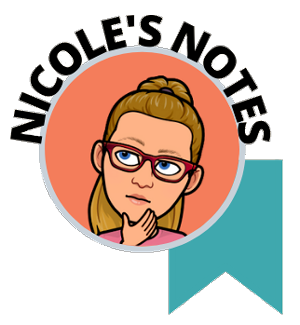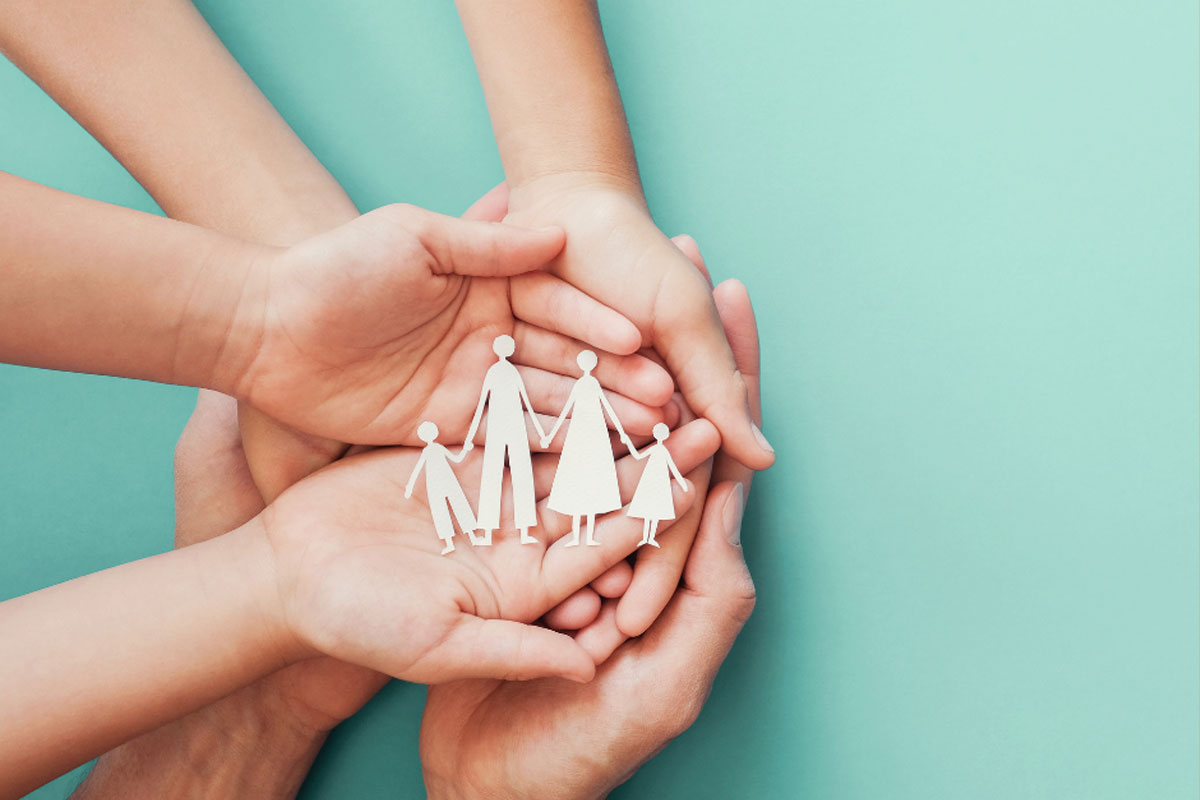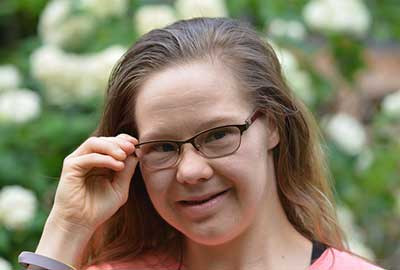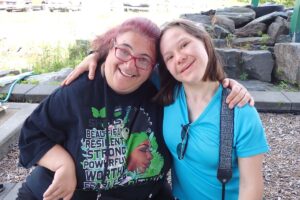
Reach Out and Share

By Nicole Flynn, Associate Consultant
Who do you turn to?
The Bell Let’s Talk Campaign started happening in 2011, to get people talking comfortably about mental health and mental illness. It is vital to share this topic because our mental health is just as important as our physical health. When talking about mental health, expressing emotions, talking through feelings with a person that you feel safe, then it is a way of coping with one’s stress. If we don’t talk about mental health then we don’t know how to support and connect with each other. People benefit from being grounded, knowing they can shelter under a wing. A meaningful action that people can take is to learn and understand mental health and mental illness. From there, people can learn how to tend to their own self care and reach out to someone else.
For me, mental health is when I feel good about the way I’m thinking and feeling. For example, when I feel like I can cope with my daily stress, able to do their work, and are involved in their community, then I’m feeling mentally healthy.
There are puzzle pieces in the reality of life that have an effect on a person’s mental health which could easily lead to mental illness. The amount of social support a person has impacts their ability to cope with personal care, work, relationships, and community connections. Food security, income, and housing also increase stress which takes a toll on a person’s energy and ability to manage their life. Indigenous ancestry, racism, disability, gender and gender identity are also factors which impact a person’s mental health.
Mental illness is identified as a change in behaviour, emotions, or a perception of their thinking. It is when a person may not be acting or thinking the way they typically do.
Stigma is a negative attitude along with prejudging which can lead to discrimination. For example, when someone is judged as not good enough for a job or role, because they have a mental illness. This leads someone to be seen and to feel like they are less of a person. Stigma can make a person feel that they are not wanted, and that they should feel bad about the way they are feeling or behaving. Stigma perpetuates the cycle of mental illness and makes it very challenging for someone to reach out for help.
There are a couple of ways stigma can be stopped, starting with respecting everyone for who they are and not being judgemental. Welcome people in, start a conversation, and get to know people. Stigma can be challenged by stepping in and identifying it and helping the person stand up for themselves. Most importantly, stigma towards mental health can be erased by increasing the awareness and conversation around mental health and mental illness.
When conversation is created around mental health it is important to keep what is said confidential. It is not appropriate to share someone else’s personal experience outside of the group. This would be disrespectful to the person.Simply listening to and respecting the opinions and stories of other people, hearing their perspective, and unique views means that everyone at the table is being treated as a person.
Let’s reach out and talk, not pull inside suppressing our feelings, but sharing our thoughts and emotions. Then we will be respected and included. That my friend, is how to treat each other as a person.
Share on:
About Nicole

Nicole Flynn is from the rural area of Centre Hastings, Ontario. She is a graduate of the Loyalist College General Arts and Science diploma program (not modified). Nicole is an entrepreneur, an Associate Consultant with People Minded Business Inc. (PMB), and an international medalist in three sports. She is a global citizen who believes in freedom, power, and prosperity for everyone.
Nicole’s goal is to experience and learn more about what is happening around the world and to share her knowledge with others. It is her hope that by reading Nicole’s Notes, people will broaden their perspective, re-evaluate their assumptions and attitudes, and bring their creative ideas and inputs to the table.





